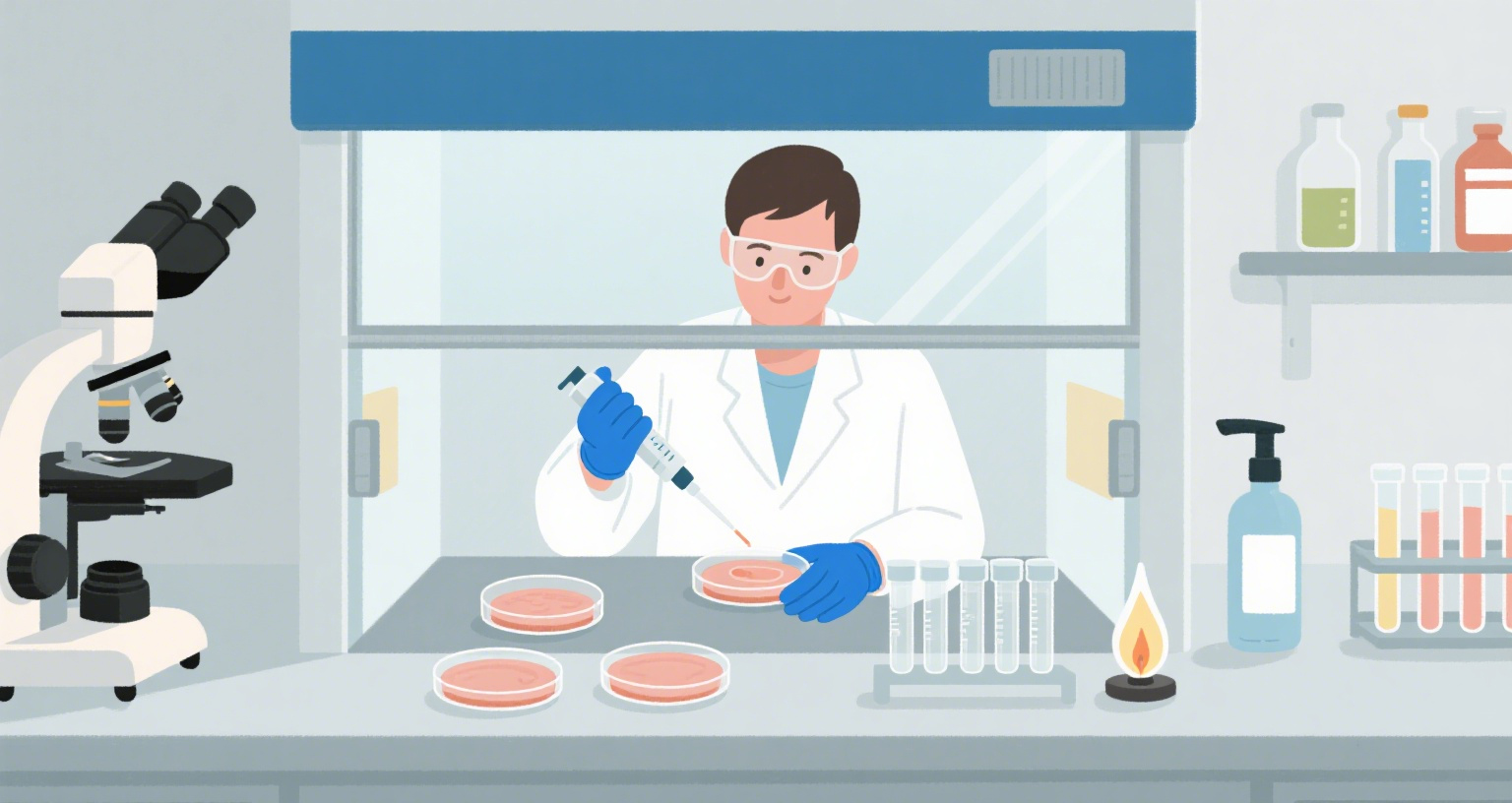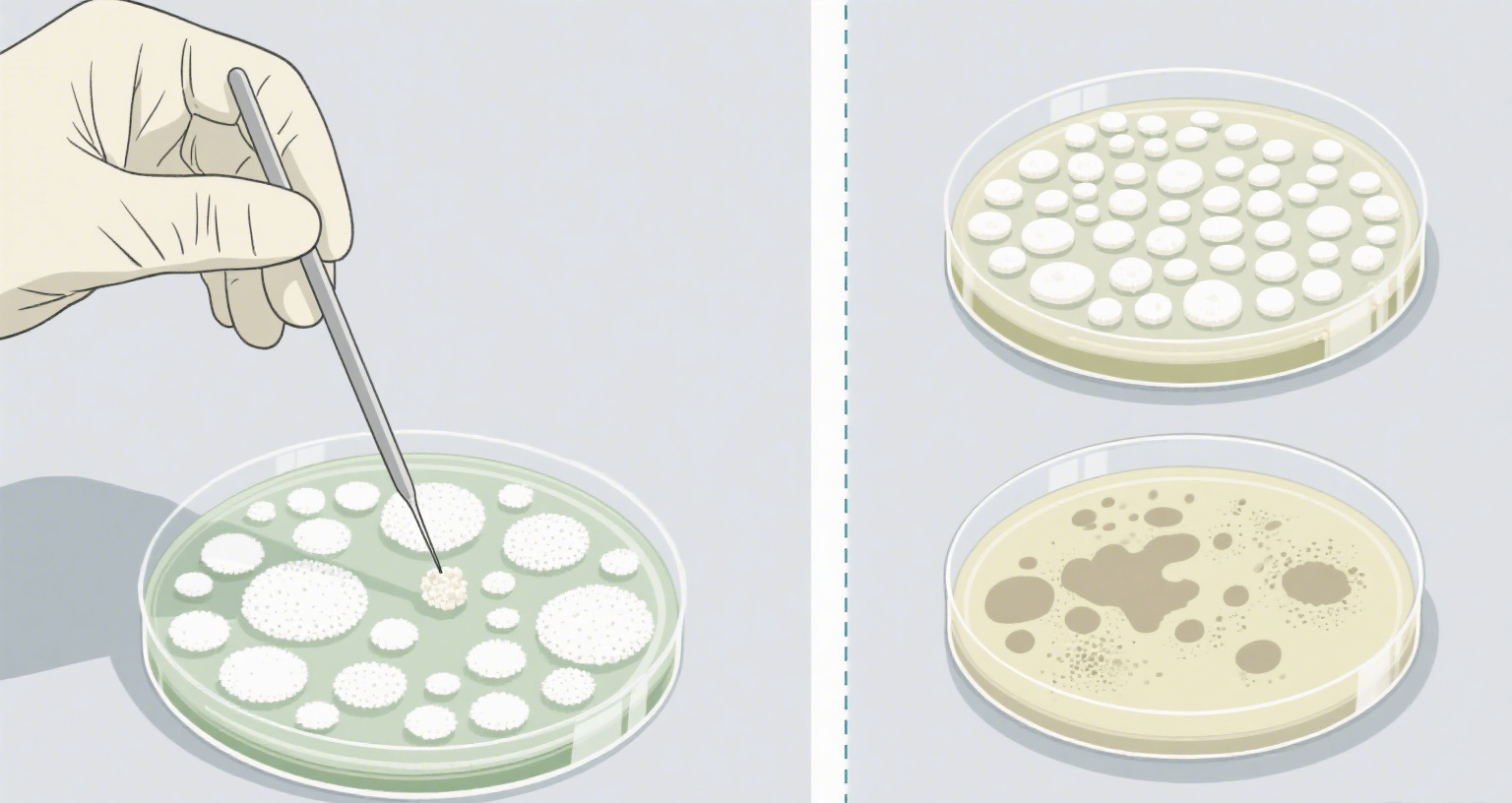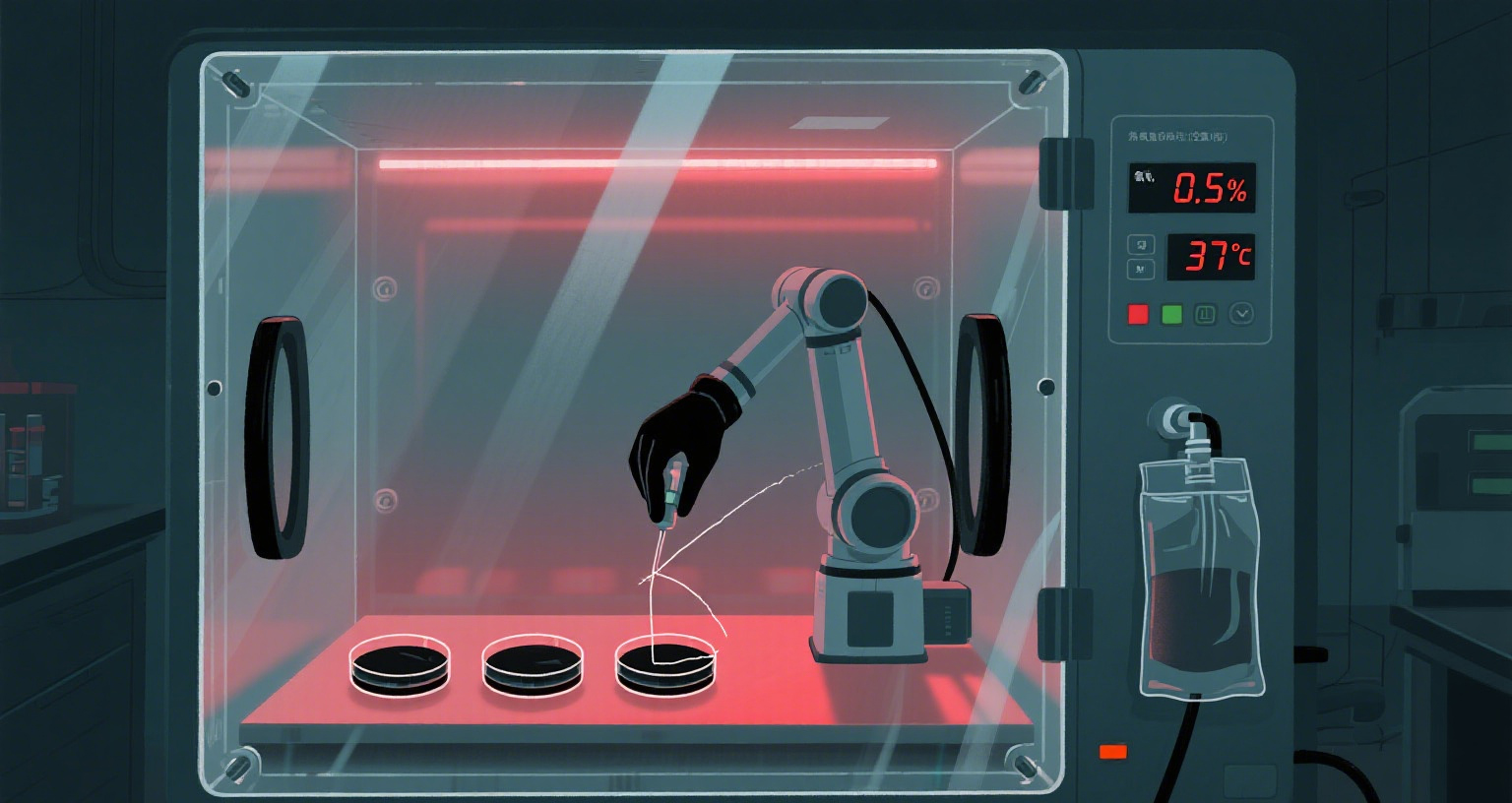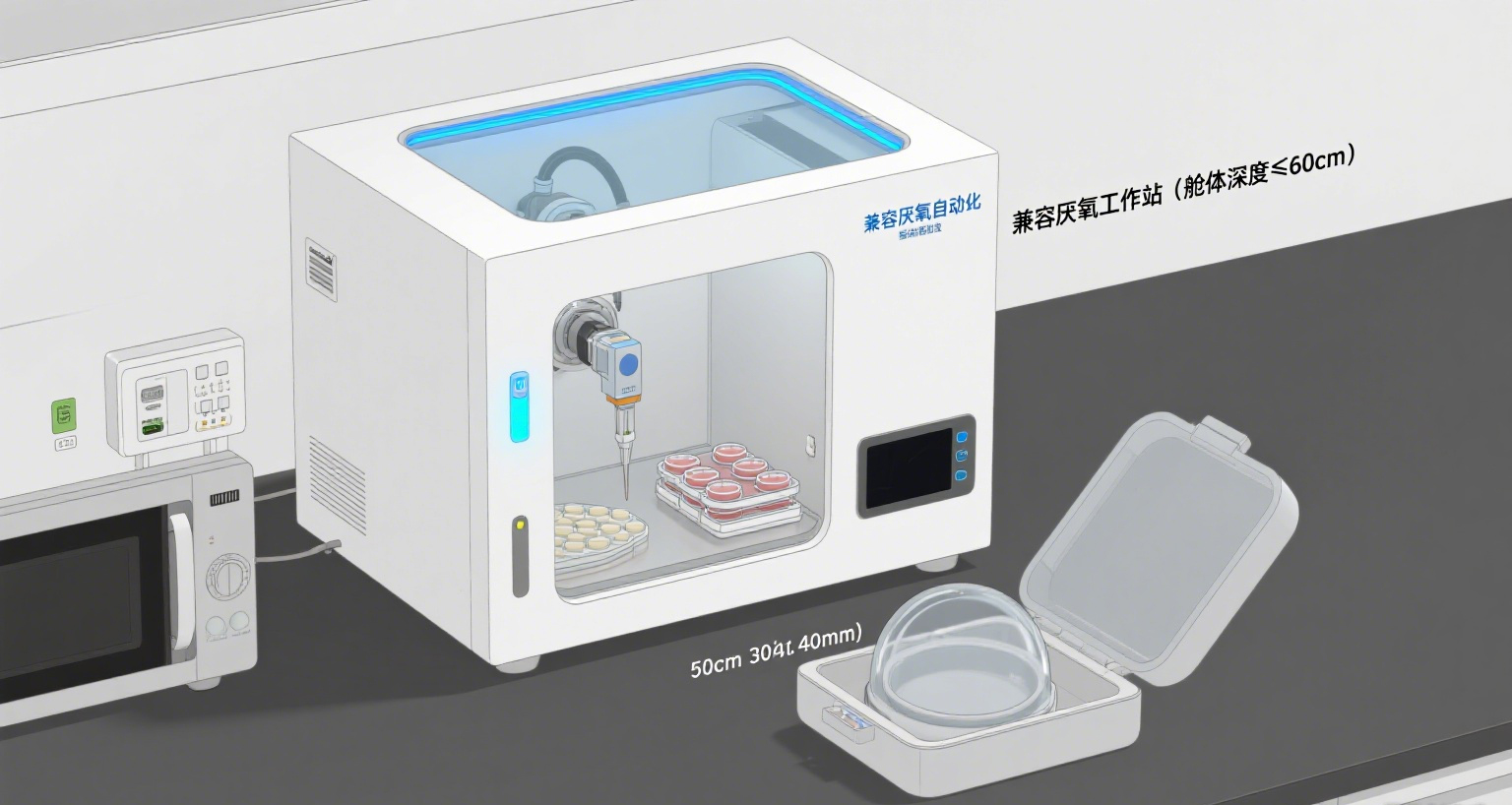 Industry News
Industry News "Tariff Deadline" in Countdown: Trump Opts for Direct Notifications, Axes Meeting Requires
"Tariff Deadline" in Countdown: Trump Opts for Direct Notifications, Axes Meeting Requires
2025-11-20
2025-11-20
2025-10-13
2025-08-27
2025-08-19
2025-07-30
 Current Affairs
Current Affairs
Microbial research plays a key role in fields such as human health, ecosystems, bioengineering, and drug development. However, its experimental processes are complex and full of challenges. Researchers need to frequently perform high-precision, highly repetitive tasks that require strict aseptic operations, such as colony picking, plate inoculation, liquid pipetting, and streaking separation. These steps are crucial for the accuracy and reliability of experimental results.

Colony picking, as a core step in isolating and culturing specific strains from mixed microbial communities, has obvious bottlenecks in manual operation. Manual picking not only consumes a lot of time but also easily leads to unstable results due to operational fatigue or individual differences, making it difficult to meet the needs of high-throughput research or long-term repeatability. At the same time, steps like streaking separation, gradient dilution, and parallel liquid pipetting also require a lot of time and high concentration. In studies involving hundreds or even thousands of samples, manual operations not only slow down the overall research progress but also may increase the risk of contamination or cause data inconsistency, affecting the credibility of research conclusions.

In microbial research, the study of oxygen-sensitive microorganisms (such as obligate anaerobes or facultative anaerobes) is particularly difficult. These microorganisms must be operated in a low-oxygen or oxygen-free environment to ensure their activity and normal growth. However, most automated colony pickers and pipetting systems on the market are only suitable for conventional laboratory environments. They are either too large in size or their mechanical structures cannot adapt to oxygen-controlled chambers, making it difficult to achieve automated operations in anaerobic microbial research and severely restricting the research progress in related fields.

To solve these problems in microbial research, the market is in urgent need of small-sized, stable-performance colony picking and liquid handling technologies that are compatible with anaerobic environments. The emergence of such technologies will effectively improve research efficiency, reduce errors and contamination risks caused by manual operations, break the technical limitations in anaerobic microbial research, expand the boundaries of microbial research, and provide strong support for the exploration and utilization of more unknown microorganisms.